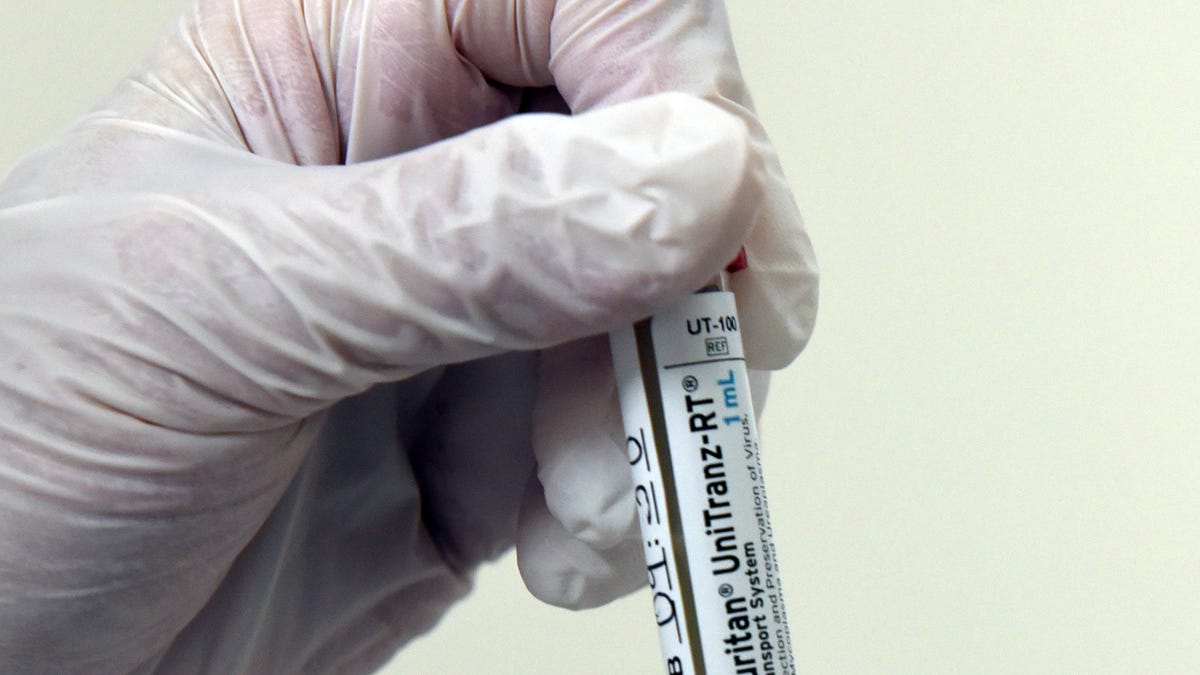When trucks filled with the coronavirus vaccine left Pfizer’s production facility in Portage, Michigan, on Sunday, we are in a position for an incorrect information attack.
Social media users are already looking to spread false claims about other people who won the vaccine. There are also rumors about the ingredients used to create the vaccine.
According to a study by First Draft, a nonprofit that researches online data, some erroneous data calls for the need for the vaccine or attempts to characterize immunization efforts as harmful. People who disseminate erroneous data also benefit from the many “unknowns” about vaccines, according to the report.
“And as we know, other people don’t like ambiguity,” the authors, Rory Smith and Seb Cubbon, wrote in the report, “that’s when rumors accelerate and incorrect information is disseminated. “
Misinformation is a generic term for misleading or false information. Misinformation refers to false facts that actors intentionally spread to sow confusion and mistrust in news sources.
More: Many unknowns like Michigan hospitals first shipments of COVID-19 vaccines
[Read the 2020 report: Americans have this election season for themselves]
In May, the Department of Homeland Security’s cybersecurity agency, CISA, defined some undeniable steps it can take in the face of the threat of inadvertent dissemination of false or misleading COVID-like data:
The more shocking the information, the more likely it is to be false.
Ashley Nerbovig covers false and erroneous information. Follow her in a message on @AshleyNerbovig.

